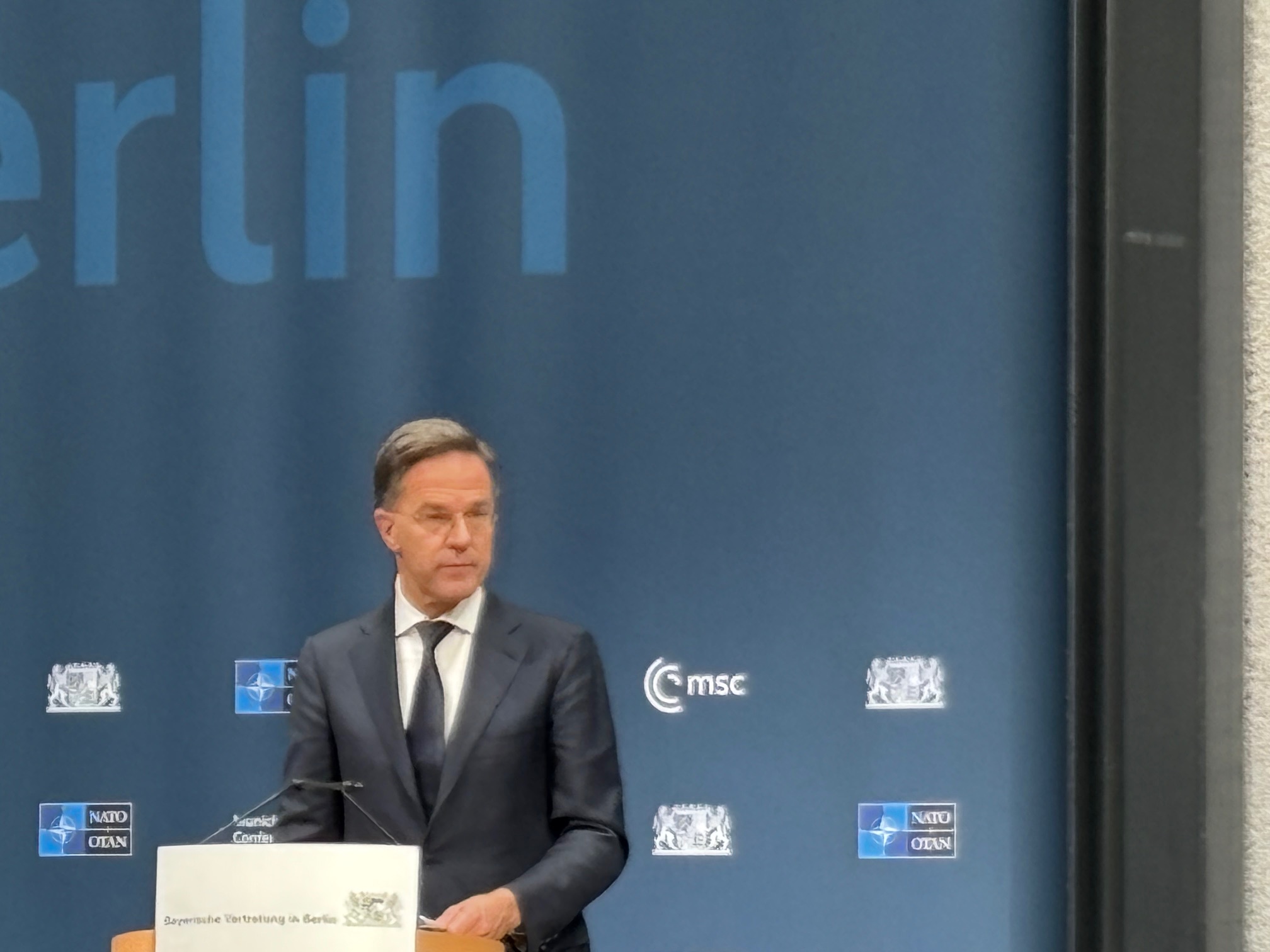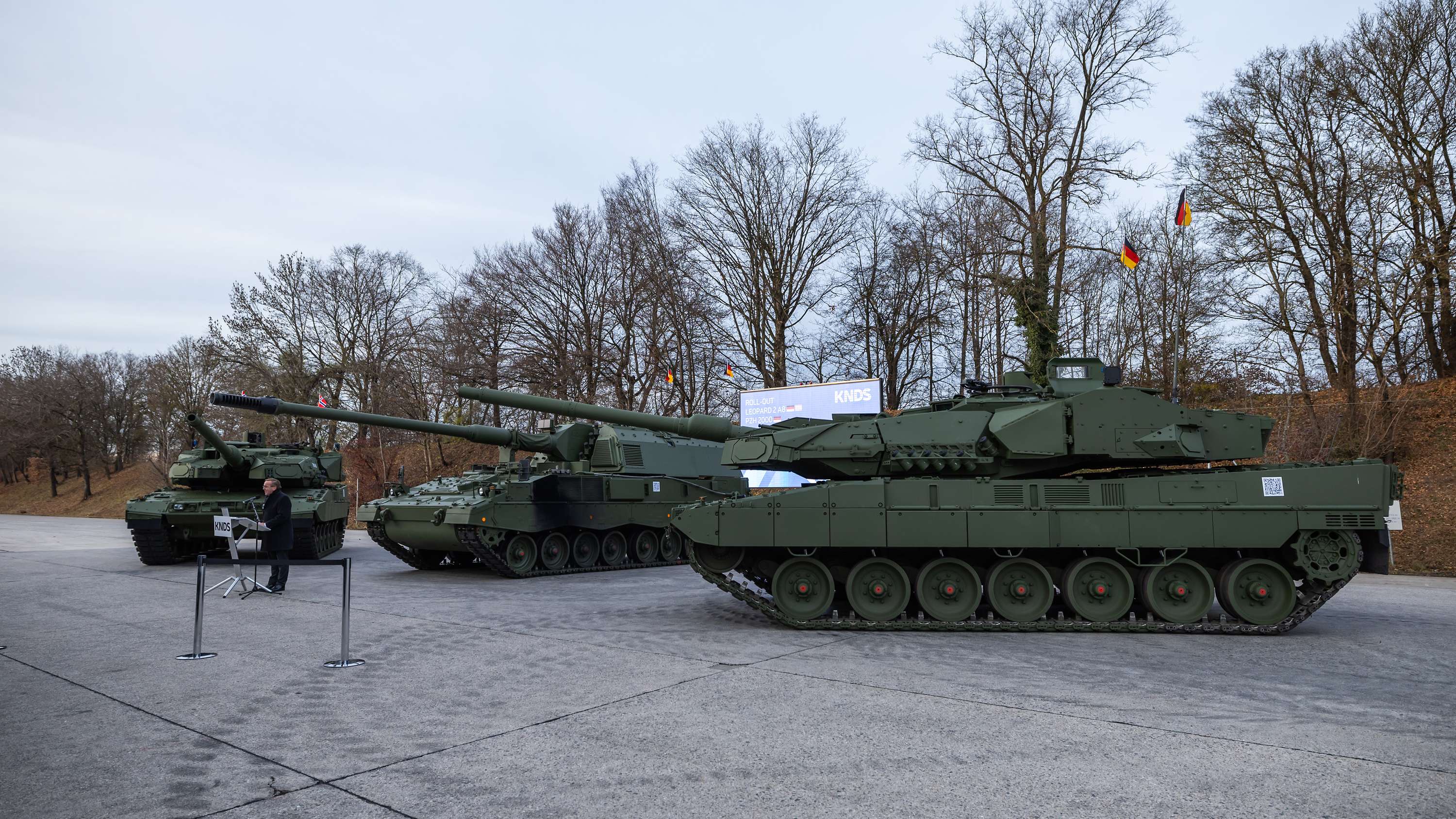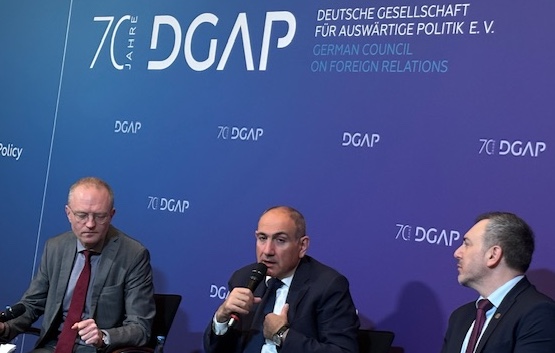diplo.news
Global threat posed by North Korea's troop deployment

North Korea has been threatening the security order in Northeast Asia for decades through the illegal development of nuclear weapons, but currently also by supplying weapons to Russia and sending special forces directly into the war in Ukraine. This increases both the threat in Europe and tensions in Northeast Asia. There are numerous reasons for the international community to absolutely stop North Korea's deployment of troops and illegal cooperation between North Korea and Russia.
As early as October 24, the European Union criticized the deployment of North Korean troops as a violation of international law and as a hostile act that would have serious consequences. On the same day, the United Nations also spoke out against additional military forces in Ukraine. But North Korea's involvement in the Ukraine war has continued to deepen.
Dozens of North Korean military and officers had already appeared on the battlefield in Ukraine at the beginning of August. They visited the KN-23 missile launch base that North Korea had provided to Russia. North Korea and Russia's rulers had previously met in Pyongyang in June, where they signed a strategic partnership agreement. Article 4 of the Treaty created the basis for military support in response to mutual armed attacks.
North Korea announced via its state media that Kim Jong-un had taken part in special warfare training in September. It is believed that Kim Jong-un carried out an inspection when North Korea was seriously preparing to deploy troops. Because a month earlier, the Ukrainian attack on Kursk on Russian territory had placed Russia in an unfavorable situation. In desperation, Russia had apparently asked North Korea for troop support. Until then, North Korea had supported Russia's invasion by supplying weapons and ammunition. The deployment of troops and direct participation in the war will have strong effects, not only on security in Northeast Asia.
The local conflict that began with the invasion of Ukraine could escalate into a new world war at any time. Because in addition to the outbreak of the Ukraine war, there are still sharp conflicts in the Middle East and, at the same time, concerns about military conflicts in Taiwan.
In this way, we are already a few steps closer to a world war. Against this background, UN Secretary General Antonio Guterres emphasized on November 3 that the deployment of North Korean troops represented a “very dangerous escalation” and that internationalization of the conflict should be avoided at all costs.
Cooperation between North Korea and Russia can form and solidify a confrontational structure between North Korea, China, Russia, South Korea, the USA and Japan. This is a strategy intended by North Korea. Because it can ultimately work to the advantage of Kim Jong-un's vulnerable regime and the North Korean system.
The confrontation between the two camps increases the value of North Korea for China and Russia. It encourages both to continue to support the regime and the system. In particular, Russia's support for North Korea will lead to closer ties between North Korea and Russia and hinder efforts to soften sanctions against North Korea and denuclearize North Korea. North Korea's progress in nuclear weaponisation is ultimately worrying because it can lead Kim Jong-un's regime and the North Korean system to make wrong decisions and military provocations.
That is why we must stop North Korea's miscalculations, strengthen multilateral cooperation and solidarity with allies, and reduce the impact of North Korea's military deployment on the war.
The international community must urgently work to end cooperation between North Korea and Russia. North Korea's intervention will prolong the war and thus deepen cooperation between North Korea and Russia. Not only from a South Korean perspective, every effort must be made to break this vicious circle.
Dr. Yong-han Park is a senior researcher at the Korea Institute for Defense Analyses (KIDA), a think tank supported by the South Korean government in the capital Seoul, which has focused on defense and security analyses for 45 years.




